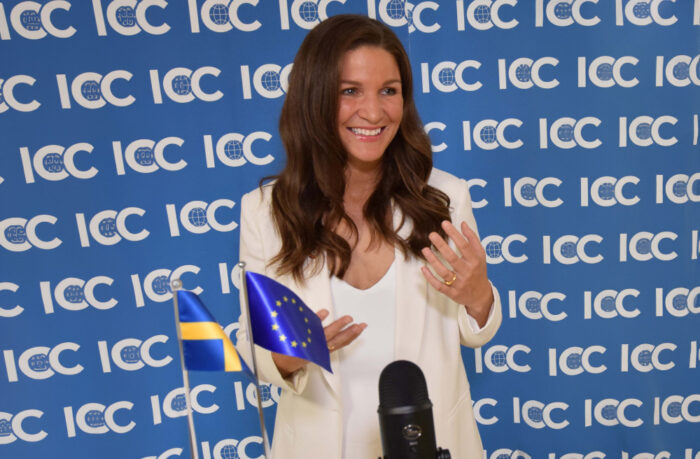
How important do you, as a representative of ICC, consider trade rules for Swedish companies?
A clear, predictable, and internationally harmonized trading system is crucial for a trade-dependent country like Sweden. Virtually all companies involved in the production or sale of goods either have international suppliers or customers, which means that any differences in trade rules between countries requiring different administrative procedures at each national border would directly impact them.
What consequences would arise if the WTO disappeared?
It’s no secret that the WTO is in need of significant reform. Many countries are critical, claiming that the system does not benefit them. However, our calculations show that if the WTO were to disappear today, it would have significant negative consequences, including reduced exports, lower GDP, fewer foreign direct investments, and decreased productivity. Southern Asia and Sub-Saharan Africa would be hardest hit, with exports estimated to decrease by 43% and GDP by more than 6%, but no one would benefit.
What economic repercussions would Swedish companies face if international trade agreements no longer existed?
The consequences of trade agreements ceasing to exist are difficult to estimate, but it’s clear that trade becomes more difficult, expensive, and time-consuming when there’s no agreement framework. This has been evident in the UK post-Brexit, where the country has sought to establish bilateral trade agreements similar to the EU’s existing agreements. With global supply chains, complete isolation is not possible.
What is the significance of Trade Partners’ membership in the ICC?
It’s very significant! Trade Partners advocate for their members’ interests with us and have the opportunity to highlight both challenges and opportunities that can contribute to global policy development. Gaining insight into the practical implications of various legal and contractual proposals in businesses is crucial and helps us shape effective policies and tools for companies to navigate the trading landscape. Additionally, Trade Partners represent an industry where international trade is critical, and where practical trade challenges can often be very concrete and tangible, so your voice is especially welcome.
Why were Ikea and H&M present at the WTO’s latest meeting, representing the business sector?
Ikea and H&M are examples of companies with an almost global presence that directly experience the effects of fragmented trade rules. Therefore, they are particularly suited to contribute a global business perspective to the negotiations. We were very pleased that they were part of ICC’s delegation to the WTO’s latest ministerial conference.